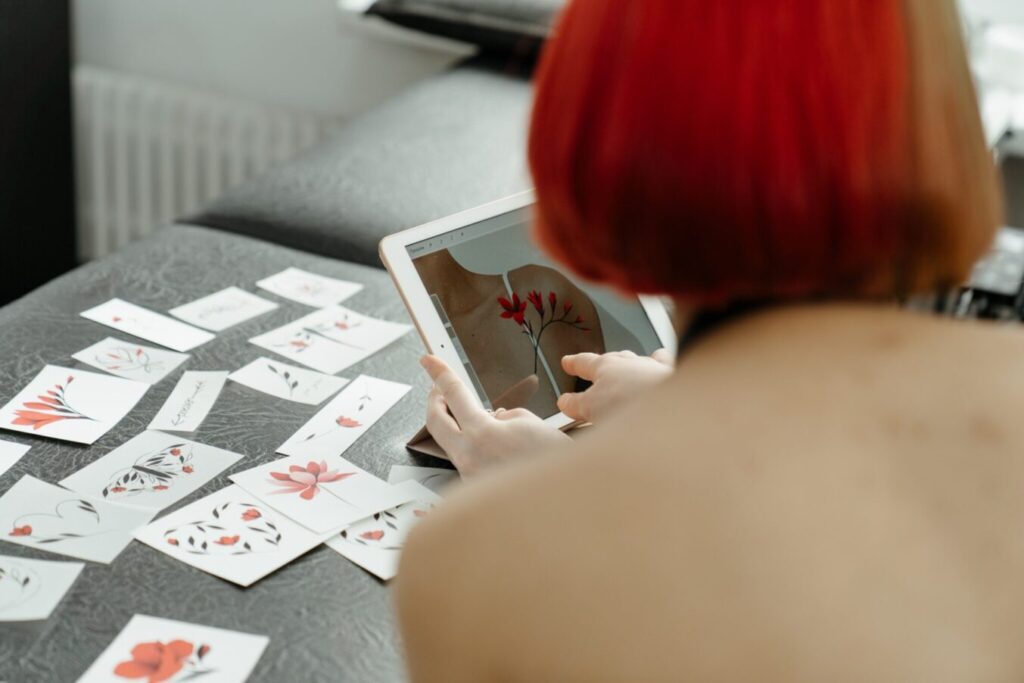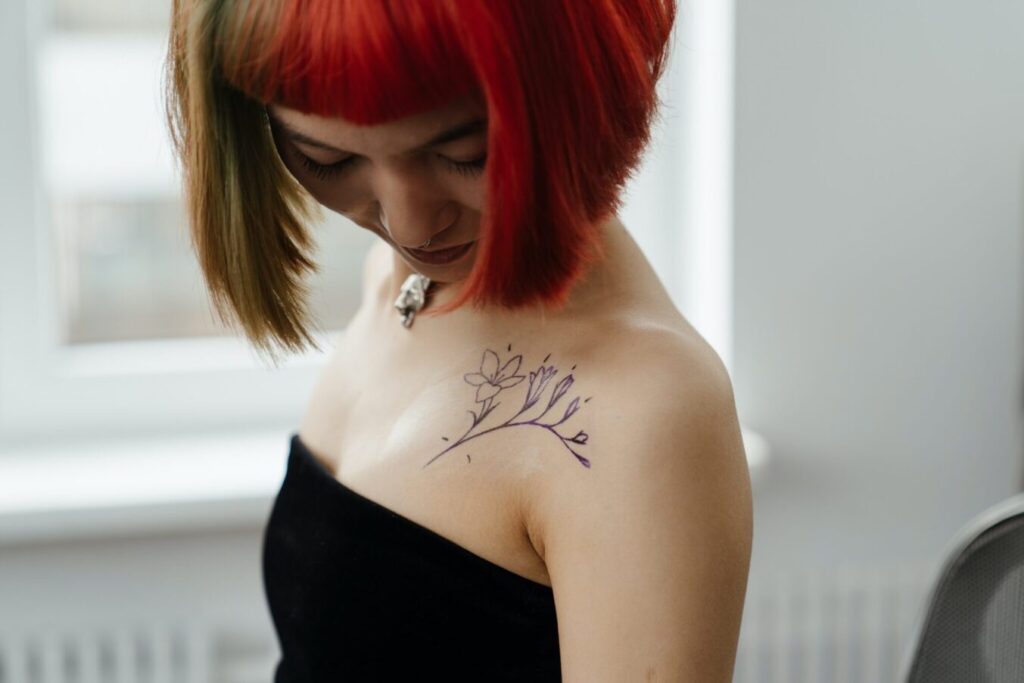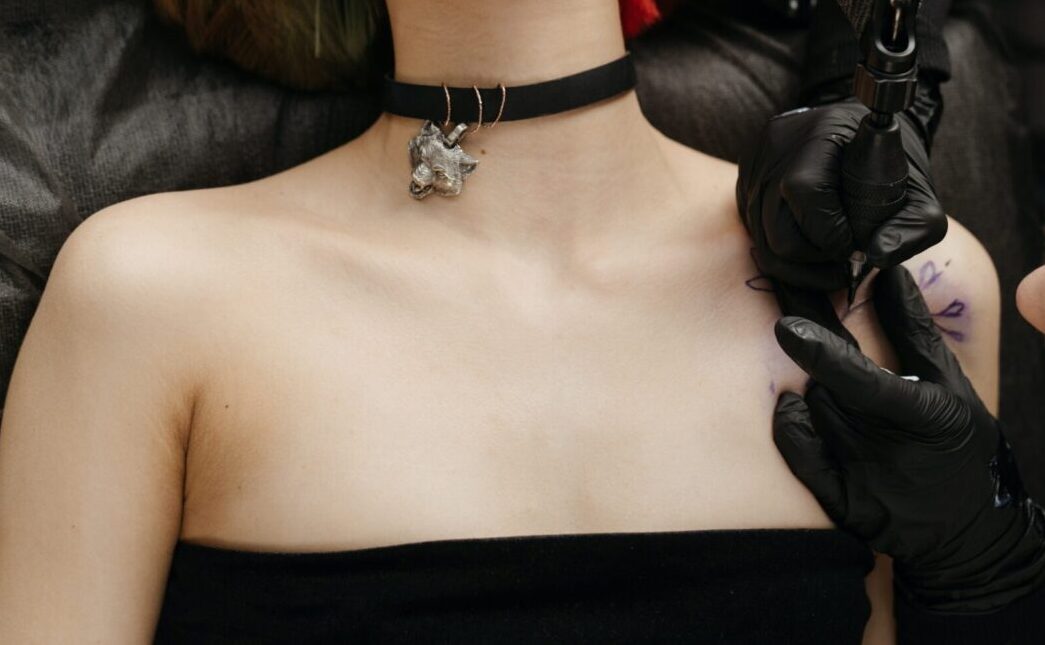We see a huge number of tattoos in the modern age and tattoo shops around the world
doing some incredible work.
What is the psychology behind tattoos? Why do certain people absolutely love them and
keep going back for more? Why do we even get them and do they impact on personalities?
We explore more about the psychology in this guide.

The History of Tattoos
If you think tattoos are a modern phenomenon… well you’d be wrong! In actual fact they have always gone in and out of fashion. There are plenty of examples of even ancient civilizations that used tattoos. Ancient art, findings in ruins and even mummification show that tattoos have been around for thousands of years.
In the 20th century, tattoos were deemed unprofessional. However, many are coming round to the idea that tattoos are acceptable in the workplace and that they do not have negative connotations. Although some are slow on the take-up.
What Does a Tattoo Say About a Person?
According to a study 22% (of 540 individuals) possessed at least one tattoo. Further analyses showed that, compared with non-tattooed individuals, tattooed participants had significantly higher scores on extraversion, experience seeking, need for uniqueness, and held more positive attitudes toward tattoos. These results are taken into account in relation to the widespread use of tattoos in todays socioeconomically developed
societies.
Often, tattoos are designed to be some form of expression. They are meant to have a
message and to show the sort of things someone is passionate about. What can you learn
from a person by their tattoos? Often, you can learn their interests, the type of music and
movies they like, or what kind of artwork they consider worthy of going on their body.
If you see someone with tattoos of names, such as family members, it is fair to say that they probably have strong morals and loyalty to their family and friends, and are passionate enough to get tributes inked on their body forever.
Of course, there are always tattoos that don’t say too much, other than looking cool. If you
get a simple design that doesn’t symbolise anything then others may try to read into it but
there may not be much behind the ink in this scenario.

Self-Expression and Identity
When you visit a Brooklyn tattoo shop and work with some of the best tattoo artists in the
world you can ensure that you end up with some beautiful tattoos. These are a form of self-
expression and you might even want to either design the tattoo yourself or work with a
tattoo artist to ensure that you have the ideal tattoo that reflects your identity.
A lot of people choose to mark something that is meaningful to them which shows a big part
of who they consider themselves to be. The date of a child being born or of another
significant event, or an image to symbolise an achievement in your life are examples of how
you can express yourself and paint a picture of your personality on your body.
Uniqueness and Individual
You’re unique, and you’re individual, just like everyone else. Tattoos are a great way to show all of the ways in which you are unique and the things that make up your identity. Artwork from bands you love, religious signs and symbols that resonate with you, lyrics, quotes, sayings, even family members and their names and significant dates. There are so many different choices you can make.
As well as showing that you are unique they are an amazing opportunity to start
conversations with people, and plenty of people will ask about your tattoos, especially if you
have some really impressive and visible ink.

Risk-Taking Behavior
There have been studies linking tattoos with risk taking behavior, and while there’s not really foundation in this in terms of the negative aspects of risk, it is true that getting inked shows
you’re confident and don’t mind a risk. There are always some risks to it, as you are going to
end up with this tattoo on you for life.
Another interesting research which was based on 803 tattooed women (aged 16-57 years), showed, that extraverts had a greater extent of tattooed skin area than introverts. No
correlation was found comparing the willingness to take risks, conscientiousness,
agreeableness and extent of the tattooed skin area size.
Extraversion positively correlated with the tattoo design of individuality. Openness positively correlated with the size of the tattooed skin areas. Neurotic people had a smaller extent of tattooed skin area than emotionally stable participants. Openness positively correlated with sexual motivations. No correlations were noticed for agreeableness or group affiliations.
Neuroticism did not correlate with spiritual and cultural traditions of tattoo. Risk-taking positively correlated with driven-to-the-limits experiences.

Of course, getting a tattoo is totally safe, especially if you follow instructions and take
precautions, so we’re not talking about that kind of risk, just the strength in your convictions
to have a great tattoo you will love forever. While tattoos don’t necessarily affect your
personality, they certainly show your personality to others and indicate your passions clearly.




Join the discussion One Comment